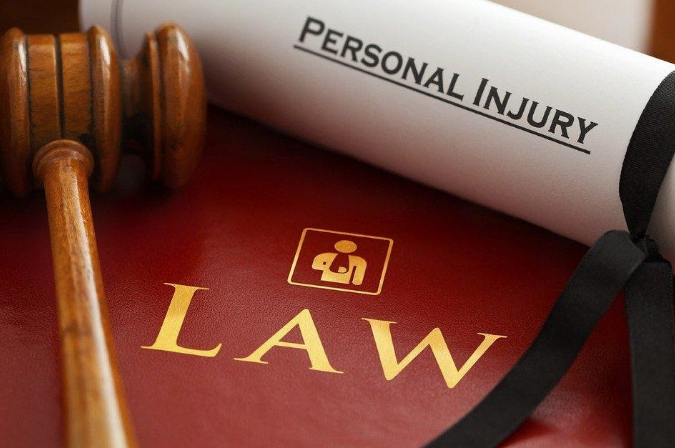Nobody sets out to find an accident in order to win a personal injury lawsuit. But, let’s say that you have been harmed during an accident that wasn’t your fault, you may be in need of compensation and you don’t want to jeopardize your claim. Otherwise, you may risk losing out on any settlement at all.
Working alongside a competent personal injury attorney will improve your chances of receiving a favorable outcome in your case. For some, a PI lawyer may be extremely necessary, as an insurance carrier or separate party will try their best to pay as little as possible or nothing at all.
Table of Contents
Things You Shouldn’t Do If You Are Hurt and Someone Else is to Blame
Whenever you are injured during an accident, whether it happens on a busy highway, while you are at work, in a store or somewhere completely different, you should ensure that you receive immediate medical care, and eventually, land a settlement or compensation to cover you for your injuries.
Here are some of the things you shouldn’t do after you are involved in an accident that leaves you injured:
Decline Medical Treatment
People who are wounded may delay seeking medical treatment due to obligations they may have in everyday life with the hopes that their injuries will disappear on their own. This way of thinking is what an insurance company wants to hear.
Failure to seek medical care in a timely manner is probably the worst possible scenario for an injured party, especially if they plan to file a claim or lawsuit. This can hurt your chances of receiving the compensation greatly. If you are in pain, you should seek medical attention as soon as you possibly can following your injury. Sometimes, your pain may come later and become considerably worse in the days after you were hurt. That is why you should never wait to see a doctor asap.
Failure to Record and Note The Accident and Injuries Sustained
You should take notes regarding the accident as soon as you are able. You should document via photos and videos if you are at the location of the accident. Obtain the other party’s contact and insurance information, as well as any info of witnesses on hand, if any.
Make sure you document any damaged items from the accident. Keep any receipts for medical bills and a copy of all medical docs. You can even keep a diary of your injury, as well as track your recuperation efforts.
Saying Too Much To An Adjuster or Signing a Release Form
An insurance carrier will attempt to dodge accountability by fabricating information in order to deny you full or what a fair payout. The best case scenario for an insurance company is to pay you nothing at all, even if you have a legitimate claim. One strategy they will use is a courteous insurance adjuster who will seem to sincerely care about your well-being, in hopes that you will make a statement that clears their company of liability. Insurance companies want you to disclose information that may make it easier for them to deny your case, or may even ask that you put your signature on a release form. You should always refuse this.
Also, refrain from putting anything on any social media platforms that may hurt your case. This can be used by an insurance company to pay you much less than you should receive.
Attempt To Navigate a Claim Without The Help of a Legal Professional
Never take on a legal situation where you have to file documents or deal with a third party without a professional, no matter what someone you trust suggests. Law surrounding personal injury can be complicated, and the opposing side has a slew of attorneys on their side to fight your claim.
Most of the time, you can meet with a lawyer for free, and then can decide whether or not you will hire them.



















